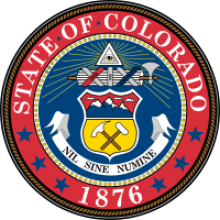
Fast, affordable Internet access for all.

The Colorado Senate Business, Labor, & Technology Committee will soon consider the proposed repeal of the state’s restriction on municipal networks. Under current state law, known as SB 152, local governments are not permitted to pursue a municipal network without first holding a referendum.
The Senate Business, Labor, & Technology committee will hold a hearing on the bill on February 13, 2017 at 2 p.m. The full text of the proposed repeal can be found on the Colorado General Assembly’s website.
Accepting Remote Testimony
Folks around Colorado can make their opinion heard without having to trek to the capitol. The committee will accept remote testimony on the issue. Those who wish to speak must register online in advance and choose from specific locations that have reliable connectivity. All of the remote testimony locations are colleges: Adams State, Mesa State, Fort Lewis College, Otero Junior College, and Trinidad State.
Save Money, Restore Local Control
Senators Kerry Donovan and Lucia Guzman proposed SB 42 to repeal the onerous requirements of SB 152 and to restore local control to the city and county governments. Several communities that Senator Donovan represents have already held expensive referenda on the issue, and all have reclaimed local authority.
At this point, more than a third of all counties in the state have “opted out” of SB 152. To learn more about the state restriction and how almost one hundred communities have restored local authority, listen to the the Building Local Power podcast Episode 5.
